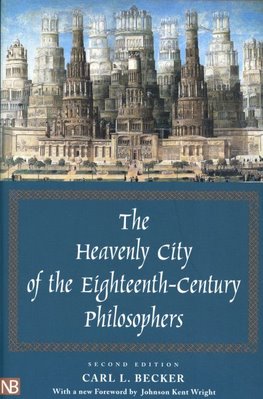This is a very interesting site...
http://www.btinternet.com/~glynhughes/squashed/index.htm ABOUT THE 'SQUASHED PHILOSOPHERS' SERIES
ABOUT THE 'SQUASHED PHILOSOPHERS' SERIES
There is no taking-part in the 'Great Debate' of Western civilisation, the debate about who we are, how we should be governed, how we think and how we ought to behave, without some familiarity with the, remarkably few, thinkers in whose language and idiom the talk is conducted.
Unfortunately, life is rather short, the little storeroom of the brain doesn't have extensible walls and the greatest of thinkers seem to also be among the worst, and the lengthiest, of writers. So, most knowledge of Plato or Hume or Aristotle tends to come second-hand, unfortunately too often through masters more filled with pompous pleasure in their own mastery of complexity than with knowledge of their subject. Which is a pity, because your Prince, whether they call themselves President or King or Prime Minister, has almost certainly read Machiavelli. Your therapist is steeped in Freud, your divines in Augustine. Lawmakers take their cues still from Paine, Rousseau and Hobbes. Science looks yet to Bacon, Copernicus and Darwin.
So, here are the most used, most quoted, the most given, sources of the West. The books that have defined the way the West thinks now, in their author's own words, but condensed and abridged into something readable.
I'd like to say that the selection was far from arbitrary; that thousands of papers and essays and articles were scanned to find which great works were most commonly cited, which prescribed to students, which have the most published editions. The shades of these authors were invoked no less than 588 times in the last decade in the British parliament. Plato's Republic, and assorted commentaries, has 1722 editions, and that's just in English, and just in print at the moment. Machiavelli gets mention in just over a quarter of a million websites. Thomas Paine's name has appeared 186,526 times to the US House of Representatives. And so on. It is true that all this research has been done, but, the choice has, ultimately, to be a personal one.
There's nothing new in making condensed versions of the classics. What is different here is that these are neither the opinion of one person nor mere extracts. Instead, each has begun with a very wide analysis of quotations, citations and, especially, past examination papers (including UK A-Levels back to 1976), to establish which passages, which phrases, which lines, which words and which ideas, are generally considered the most important. Those essential parts have, as far as is reasonable, been left complete and untouched in the authors' or translators' original words. It is just the stuff between which has been squashed up, except when it is really interesting- like St Augustine's mother's alcoholism, Hobbes on Angels or Adam Smith on why Irish prostitutes are so very beautiful.
And there's something more. By compressing these books to a tenth or so of their original size it becomes possible to read the whole thing as a single narrative, as the story of Western Thought, the story of how we got where we are now, the last chapter still waiting to be written. Is it cheating? Perhaps, but if it is, then so is reading Plato in anything other than unical Attic on papyrus.
Glyn Hughes
Adlington
October 2003
glynhughes@btinternet.com




